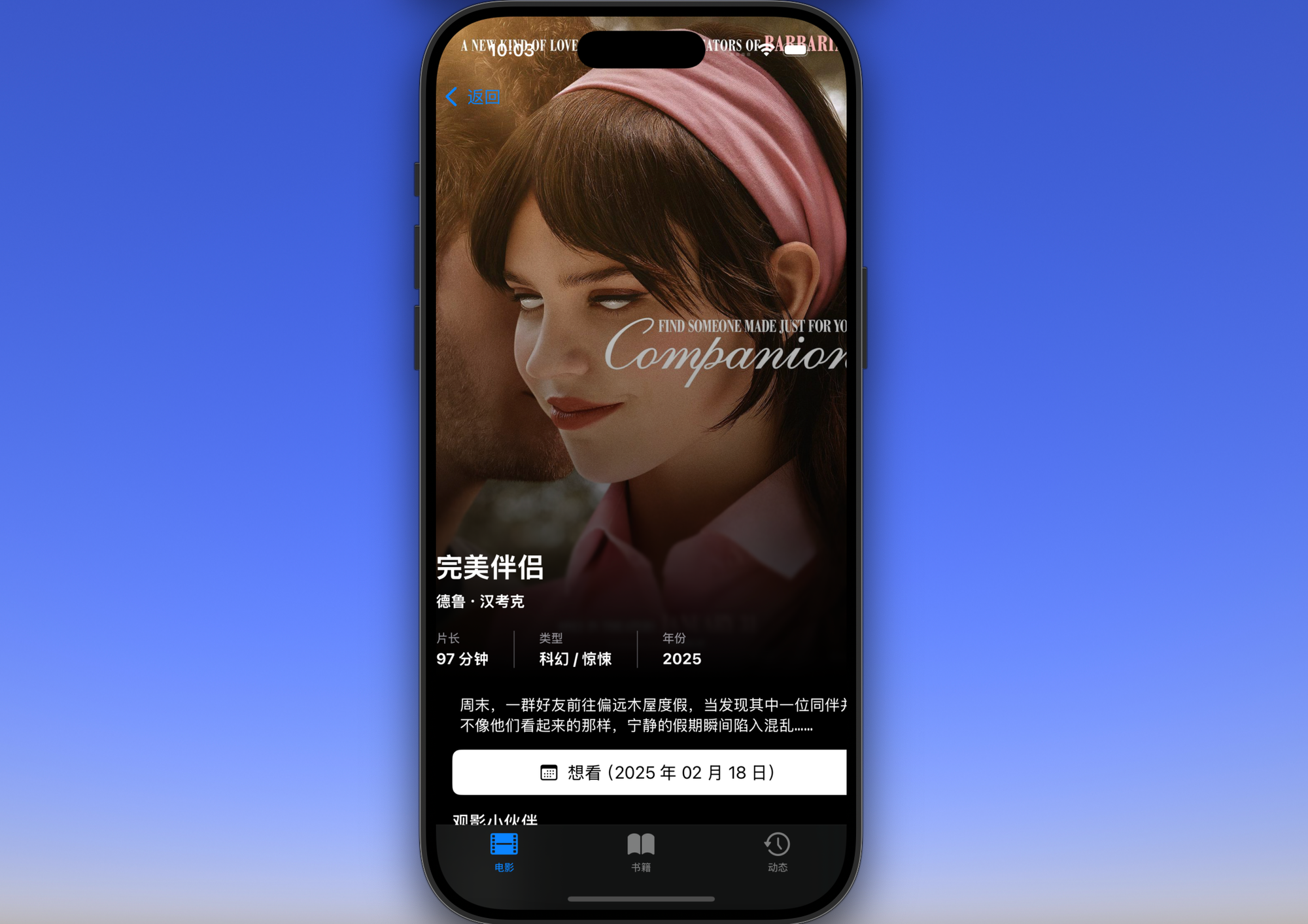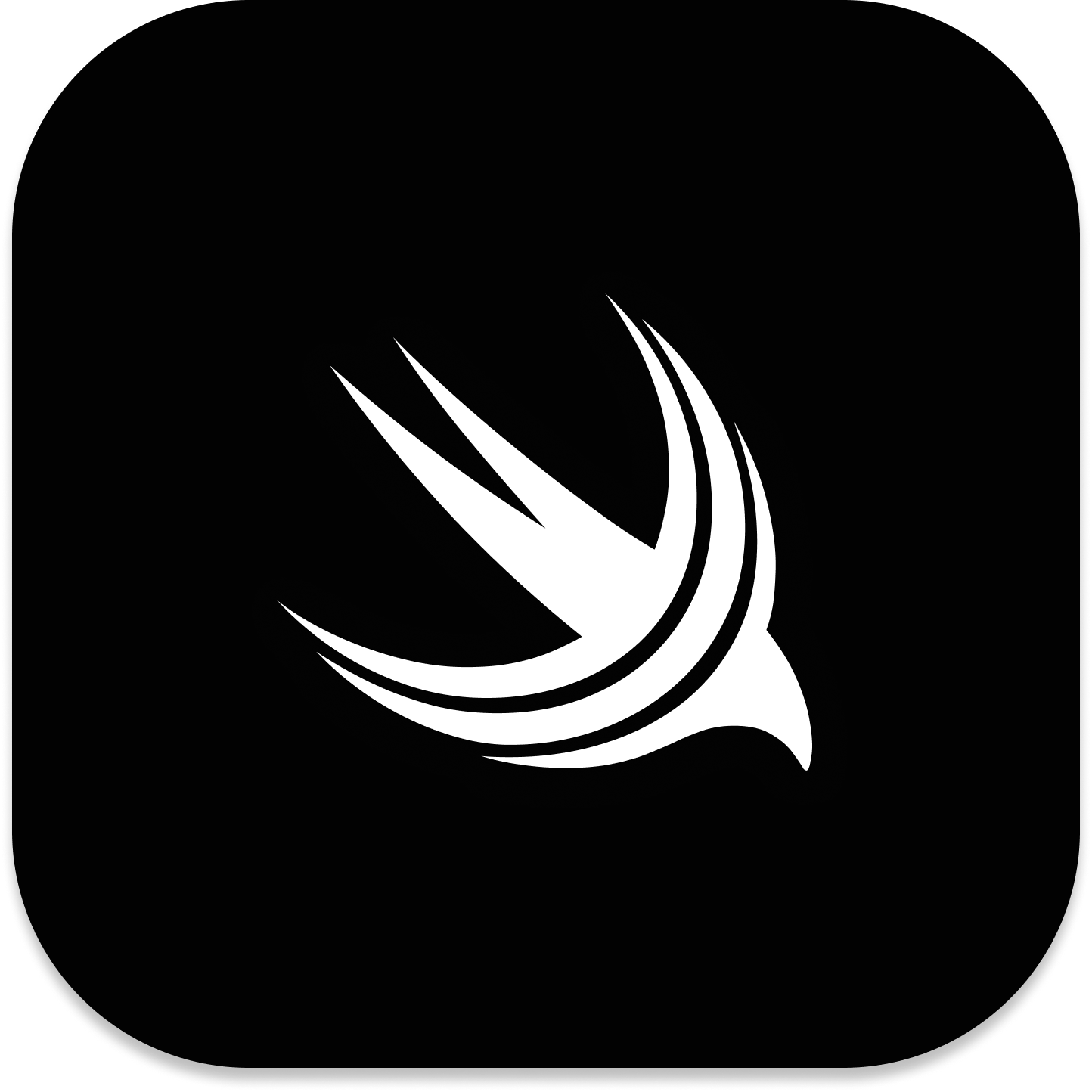使用 ignoresSafeArea 控制安全区域
了解如何通过使用 ignoresSafeArea 修饰器,在必要时忽略安全区域,创建更加个性化的体验。
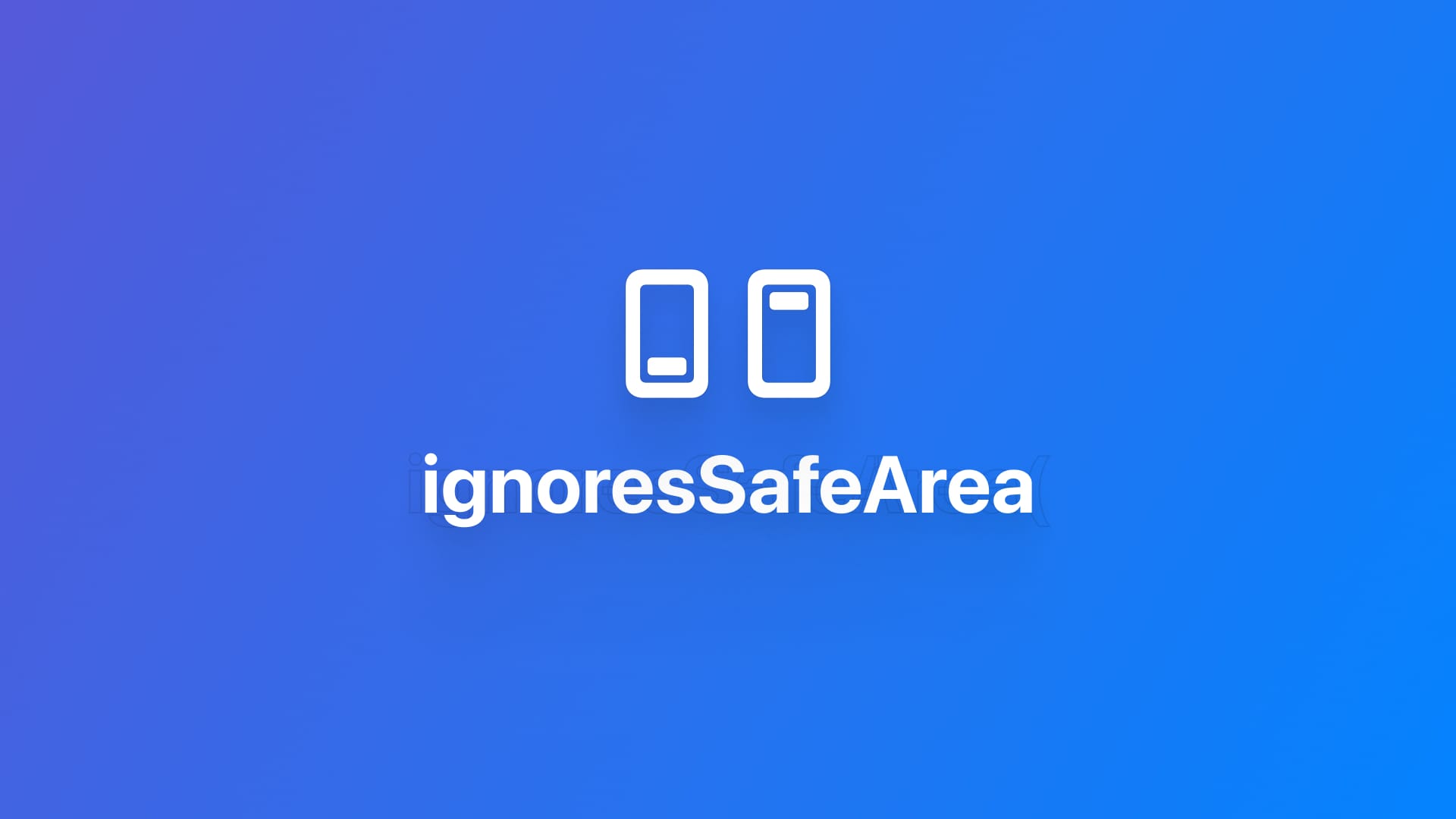
edgesIgnoringSafeArea vs ignoresSafeArea
.edgesIgnoringSafeArea() 是旧的 API,从 iOS14 开始,推荐使用 .ignoresSafeArea()。
ignoresSafeArea(_:edges:) | Apple Developer Documentation
Expands the safe area of a view.
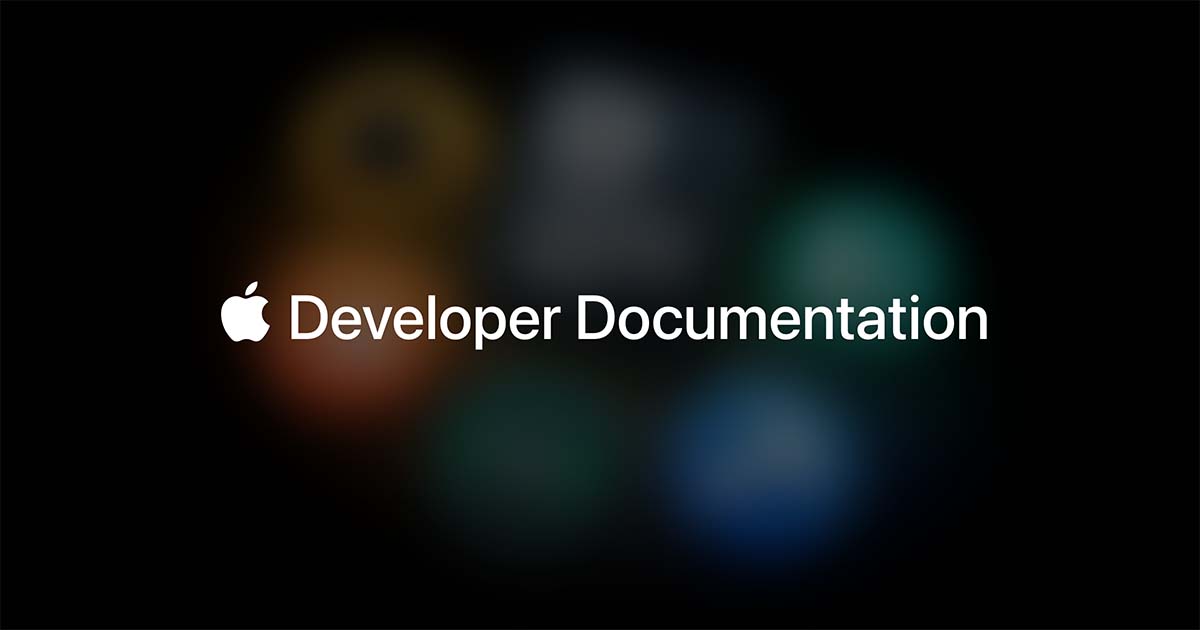
使用 ignoresSafeArea
默认情况下,.ignoresSafeArea() 会忽略所有安全区域边缘(相当于 .edgesIgnoringSafeArea(.all))。
regions 参数
指定忽略的安全区域类型:
.all(默认):所有安全区域。.container:忽略由容器(container)定义的安全区域。.keyboard:忽略由键盘定义的安全区域。
.container
通常包括设备的物理边界,例如:
- 顶部的状态栏或刘海区域(notch)。
- 底部的 Home 指示器(Home Indicator)或导航栏。
- 屏幕的圆角区域(在 iPhone 等设备上)。
适用场景:希望视图的内容延伸到屏幕的物理边缘,例如全屏背景、壁纸或装饰性视图。
.keyboard
忽略 .keyboard 区域意味着视图会延伸到键盘的上边缘。
适用场景:希望某些视图(例如输入框的背景或装饰性元素)在键盘弹出时仍然占据屏幕底部,而不是被键盘推高。
edges 参数
edges 参数用来更细粒度地控制忽略安全区域的具体边缘(例如顶部、底部、左侧、右侧)。
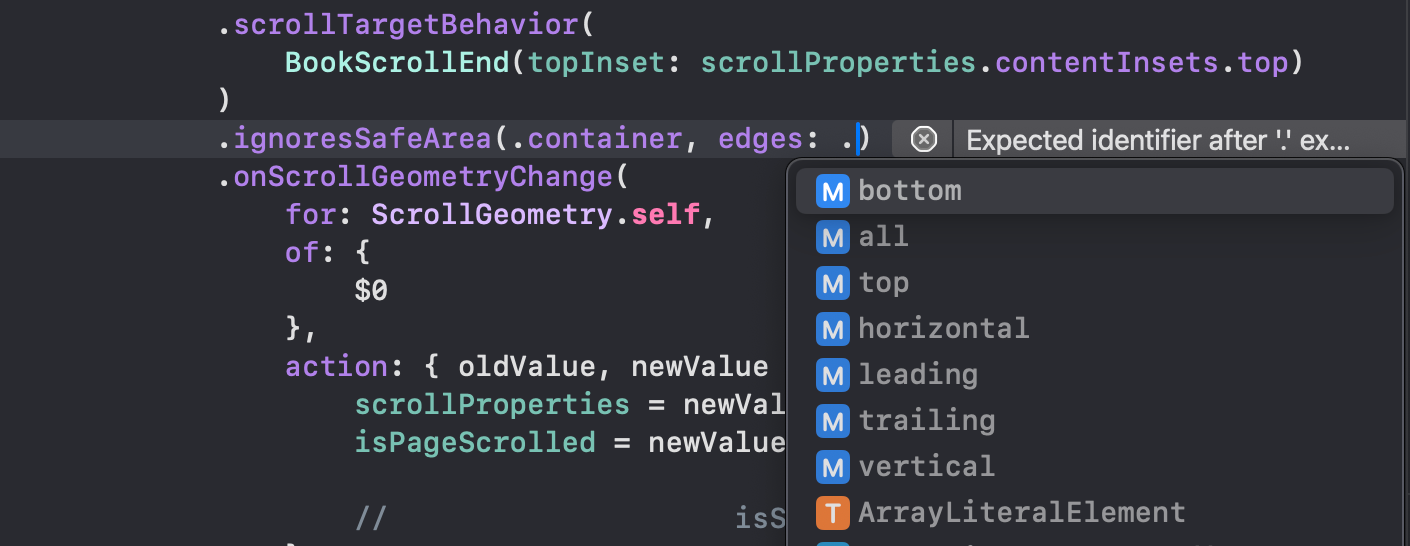
VStack {
Text("Hello, World!")
.frame(maxWidth: .infinity, maxHeight: .infinity)
.background(Color.blue)
.ignoresSafeArea(edges: .top) // 仅忽略顶部安全区域
}创建 Apple TV 封面图片效果
在最外层(通常是 ScrollView)使用:
.ignoresSafeArea(.container, edges: .top)避免在内层使用,可能无法起效。
